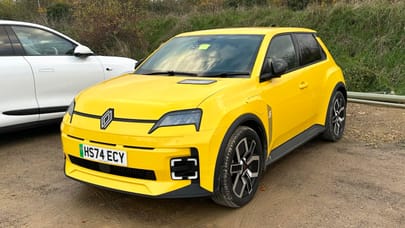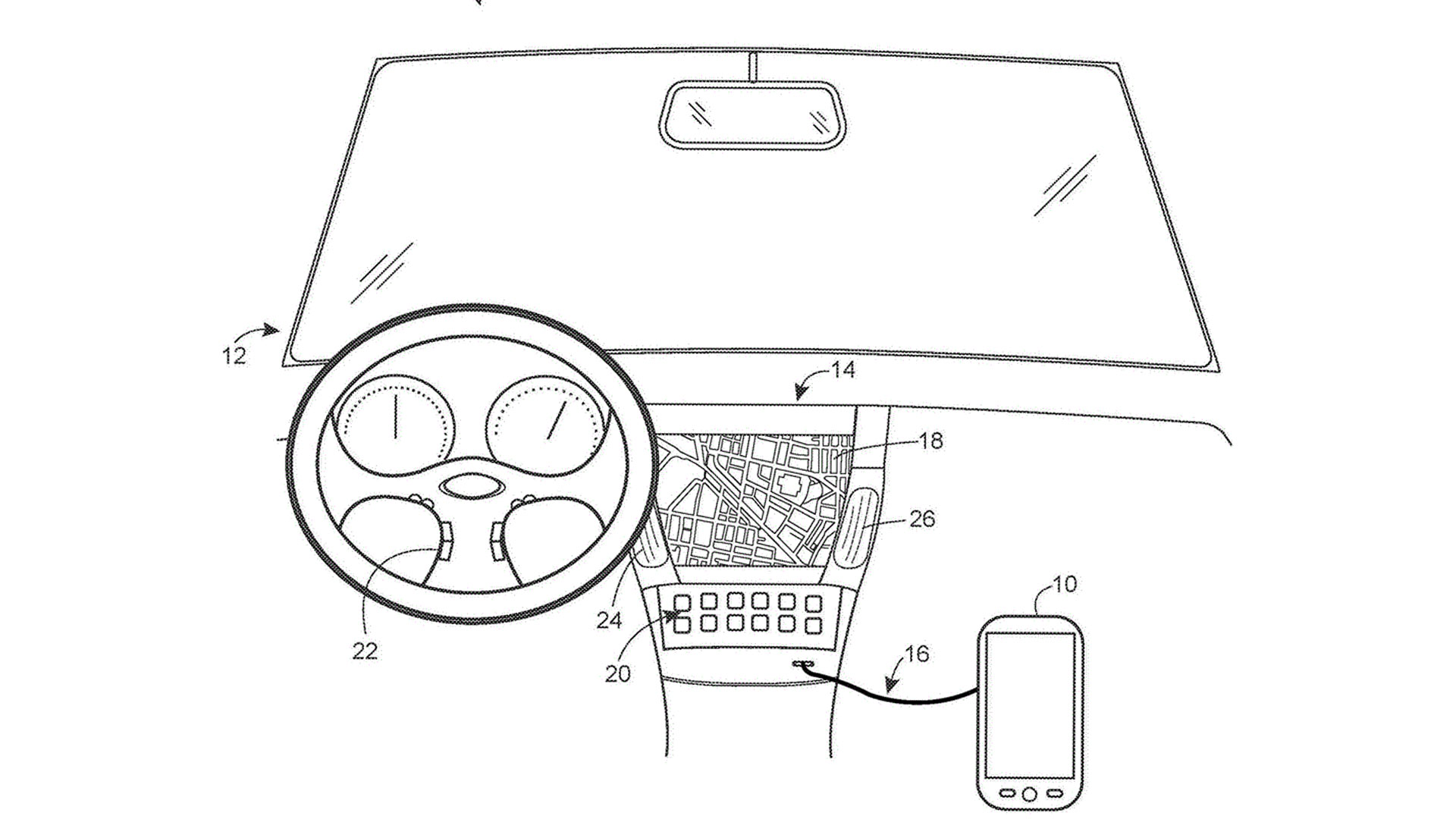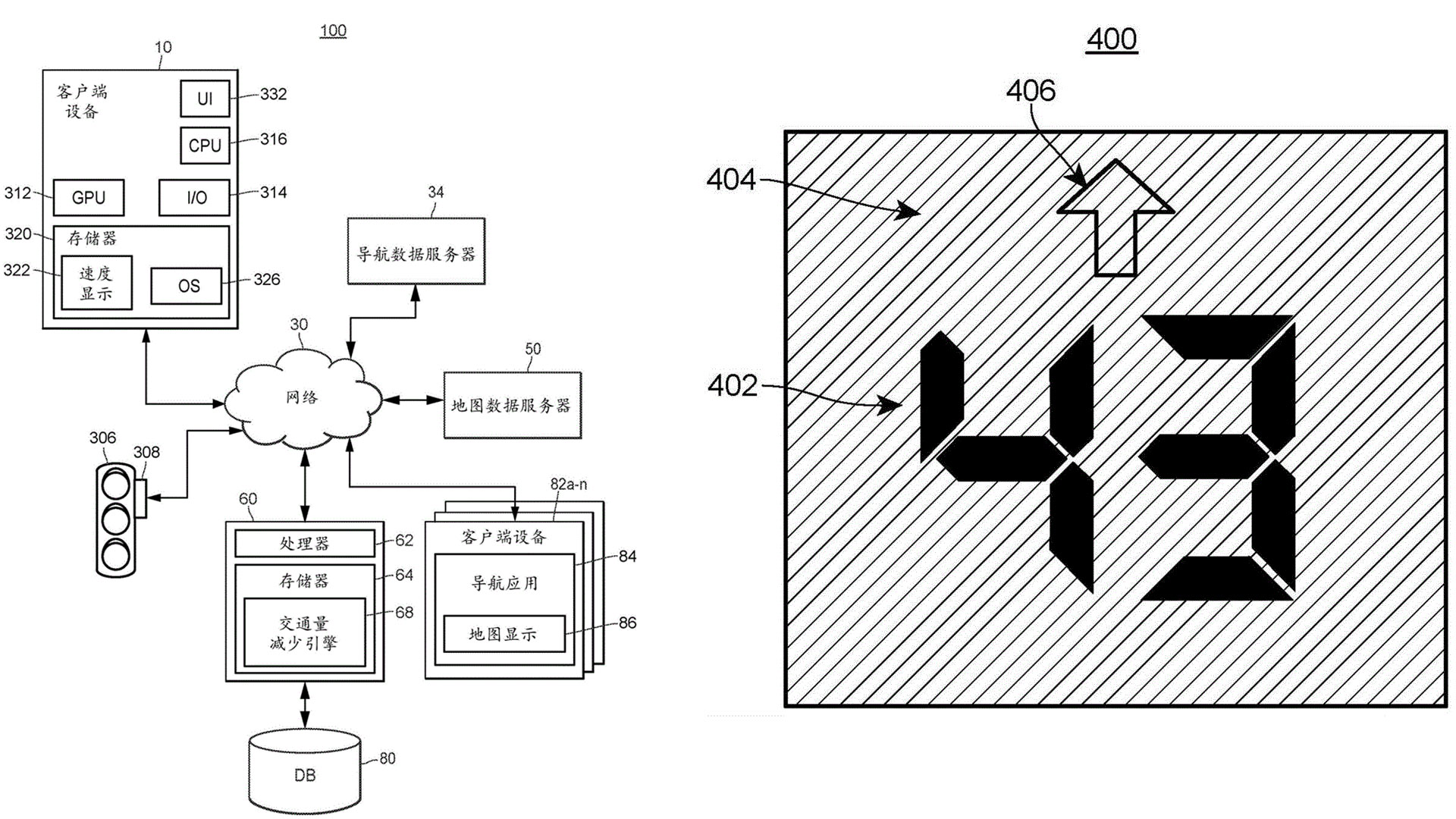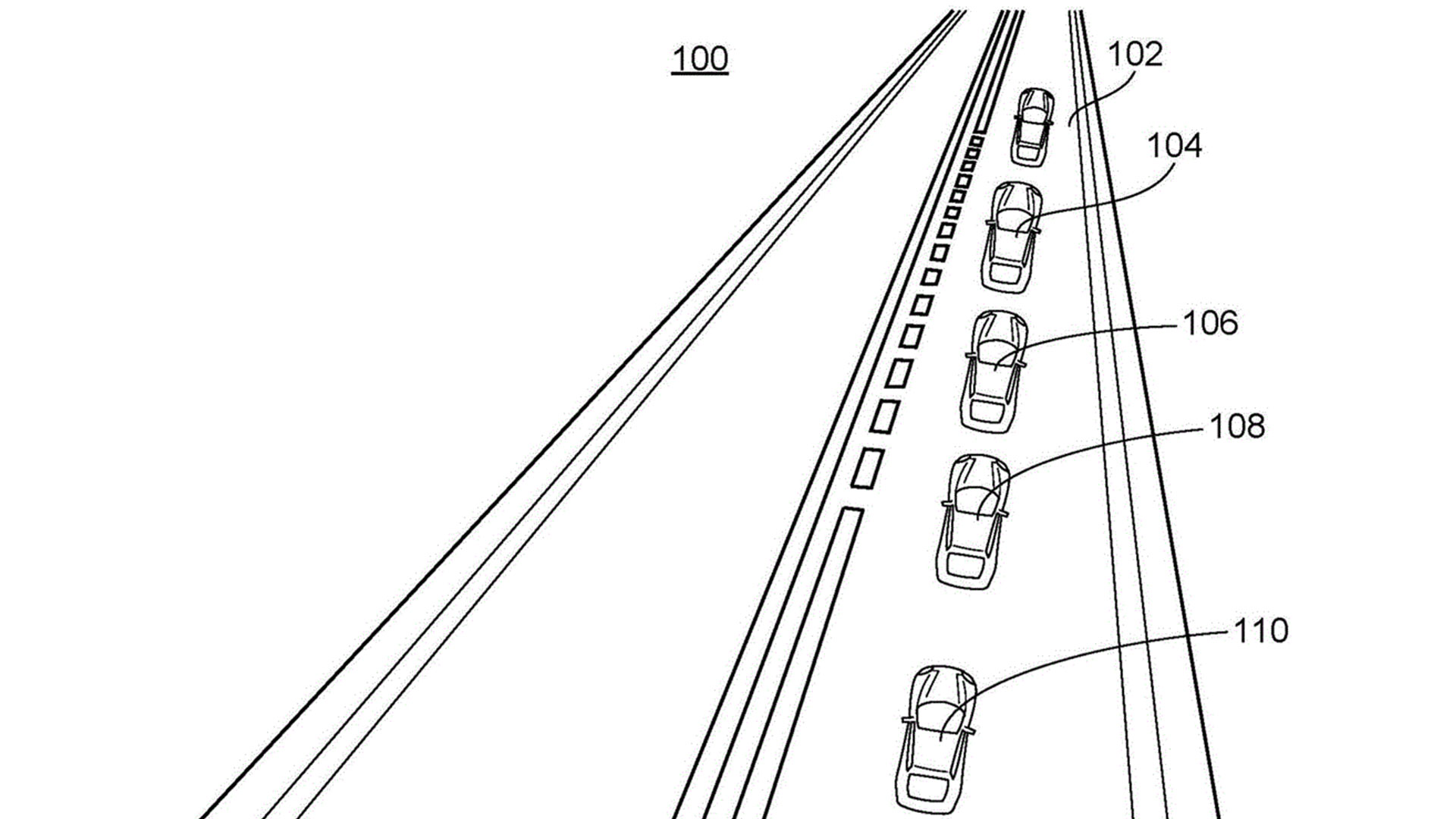
Google Maps wants to tell you the ideal speed to drive to prevent 'ghost' traffic
Proposed tweaks aim to rid the world of avoidable road congestion
Would you follow the speed on your driver display or sat nav if it promised to keep you moving and out of traffic jams? That’s the plan for Google’s future Maps updates.
Removing unnecessary bottlenecks is the tech behemoth's latest proposal. The creator of Android Auto intends to introduce a guidance speed for the driver.
It's published an application designed to avoid ‘ghost traffic jams’. Those are the ones where someone in the middle or fast lane of the motorway (or any road, really) slows down for no apparent reason, catalysing a Mexican wave of brake lights and causing a concertina of cars. We've all been there.
When the algorithms monitoring Android-enabled cars and devices detect an en-masse slowdown, Google Maps thinks it's a traffic jam. Fair dues, after all, that’s what the algorithm’s been designed to do. But it’s not a real traffic jam. In Google’s diplomatic language, it's a ‘phantom’ or ‘ghost’ traffic jam. You'll no doubt have your own colourful vocabulary to describe the same thing.
Google hopes by calculating the speed of the first car, then disseminating a target speed to the cars behind using a visual display, the traffic can both maintain a safer distance and keep moving. The paper proposes that a colour-coded system can be used to quickly message to the driver to slow down or speed up, or maintain speed.
Neil Dhillon and Tanmay Wadhwa, the inventors working on this solution, said: "By the time each vehicle on the roadway reduces speed and waits for the vehicle in front to speed up, this process may repeat itself. In this manner, one vehicle that slows down too rapidly on a densely populated roadway can create a half hour, an hour or even hours of traffic."
The manual way us lowly humans are managing clearly has varying degrees of success. Dhillon and Wadhwa suggest that in time, this solution will be also helpful when self-driving cars make it onto the road. To geek out on the full patent, you can read more here.
Top Gear
Newsletter
Thank you for subscribing to our newsletter. Look out for your regular round-up of news, reviews and offers in your inbox.
Get all the latest news, reviews and exclusives, direct to your inbox.










